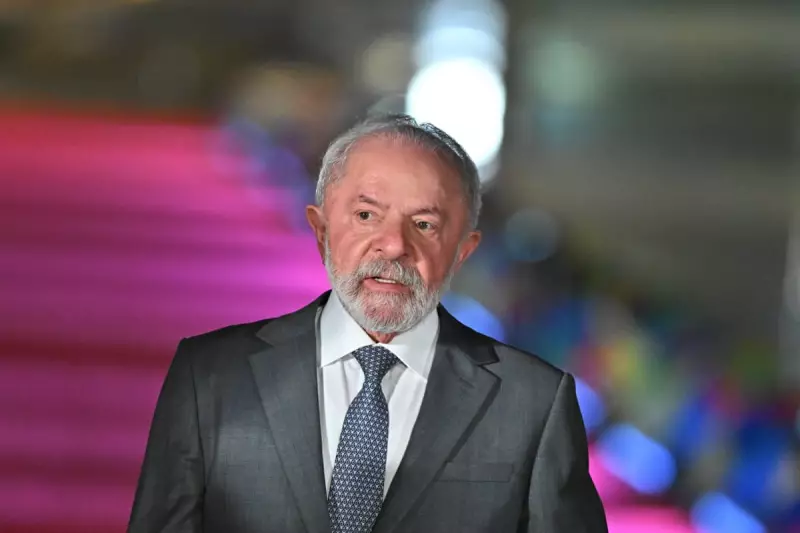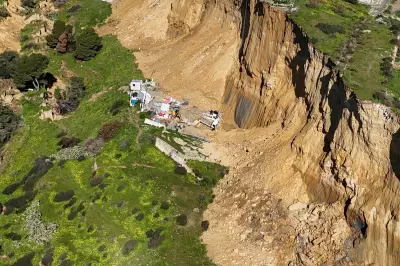
Brazilian President Luiz Inácio Lula da Silva has ignited a firestorm of criticism after approving a contentious environmental bill that opponents claim will accelerate deforestation and weaken conservation efforts in the Amazon rainforest.
The new legislation, signed into law this week, reduces protections for vital ecosystems while easing restrictions on agricultural and industrial activities in environmentally sensitive areas. Environmentalists warn this could lead to irreversible damage to the world's largest tropical rainforest.
Environmental Groups Sound the Alarm
Conservation organizations have condemned the move, calling it a major setback in the global fight against climate change. "This law represents a dangerous step backward for Brazil's environmental commitments," said the director of a prominent rainforest protection NGO.
Scientists estimate the changes could lead to:
- A 40% increase in deforestation rates
- Loss of habitat for endangered species
- Significant carbon emissions from forest destruction
Government Defends the Legislation
The Lula administration argues the bill strikes a necessary balance between environmental protection and economic development. "We're committed to sustainable growth that benefits both people and nature," stated a government spokesperson.
However, critics point out the legislation contradicts President Lula's previous environmental pledges and international climate agreements Brazil has signed.
International Repercussions
The decision has drawn sharp criticism from foreign governments and international bodies. European Union officials have hinted it could affect ongoing trade negotiations, while climate activists worldwide have promised to intensify protests against the Brazilian government.
As the controversy grows, all eyes remain on how this legislation will impact both Brazil's ecosystems and its standing in global environmental diplomacy.





